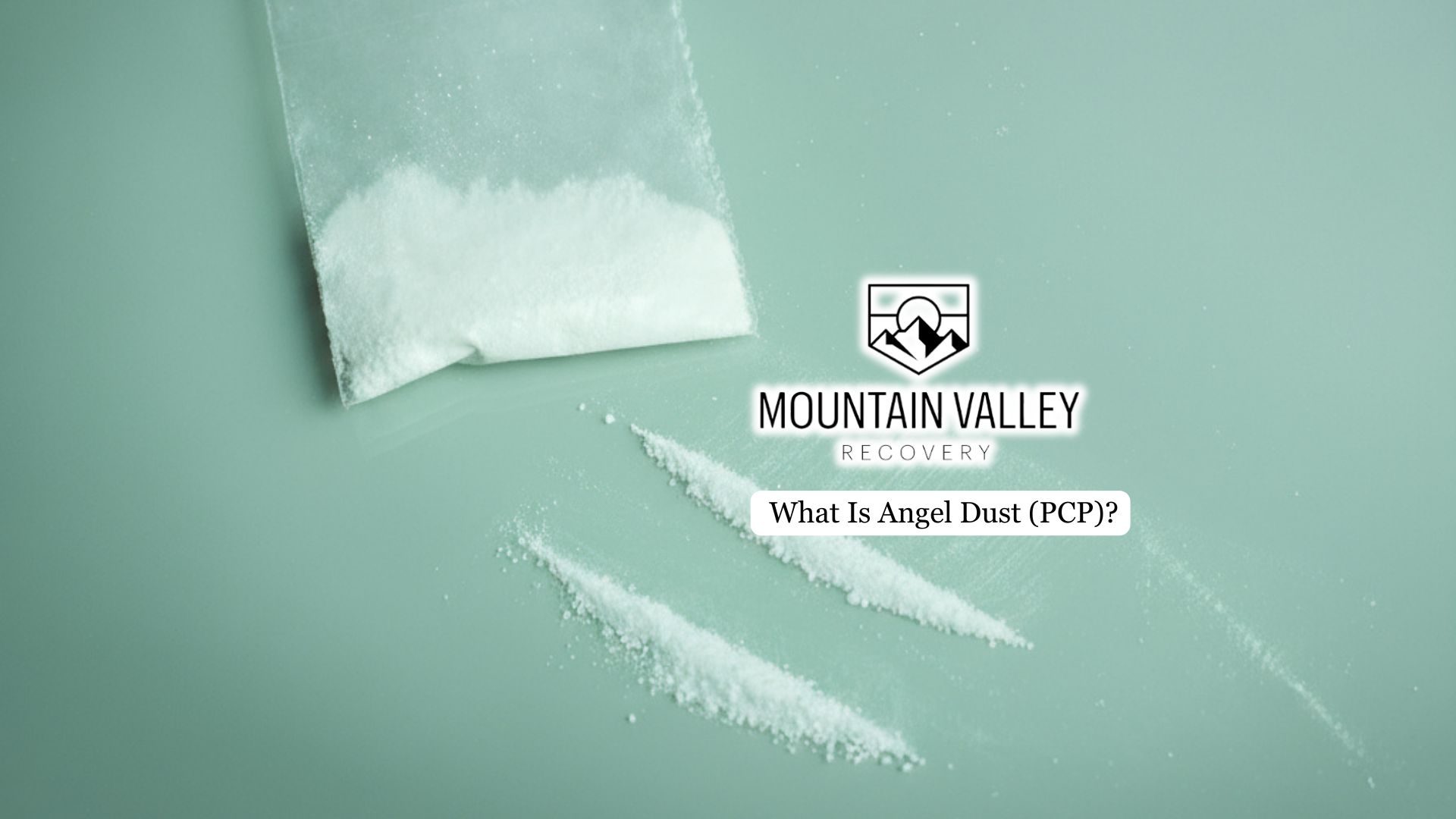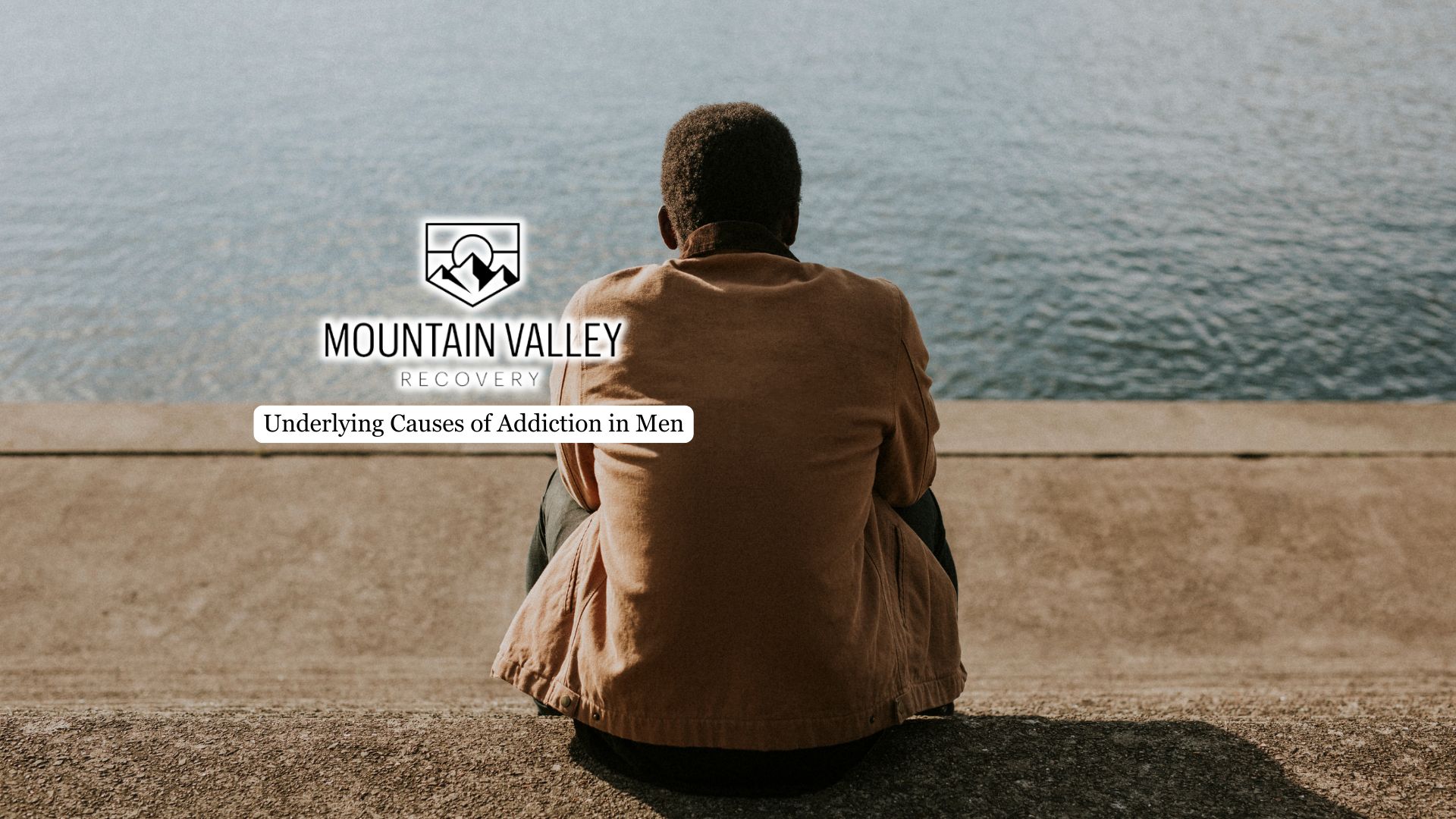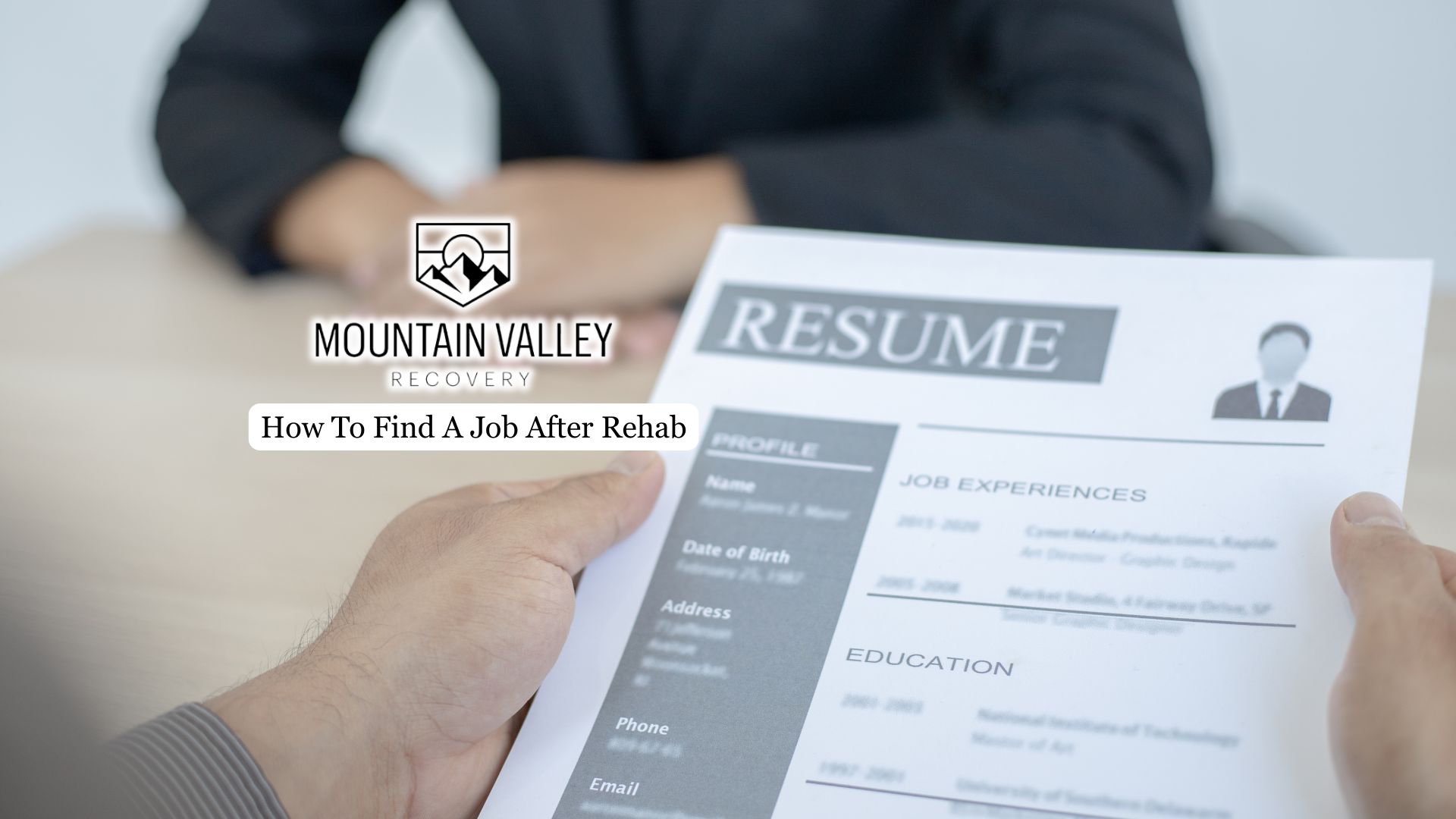Addiction is a chronic disease that affects a man’s brain function, decision-making, and overall well-being. For many men, addiction also becomes a coping mechanism for stress, pressure, or unresolved emotions. Understanding the 4 levels of addiction helps men recognize how addiction takes hold and why breaking free requires more than just determination.
This article explores each of the 4 C’s, how they fuel addiction in men, and the best strategies for long-term recovery.
The 4 C’s of Addiction Explained
Compulsion
Compulsion is the overwhelming urge to use substances, even when an individual is aware of the harm it causes. Addiction alters brain chemistry, making substance use feel automatic rather than a conscious choice. Over time, the brain’s reward system is rewired, prioritizing drug or alcohol use over essential activities like work, relationships, and personal well-being. This compulsive behavior is one of the defining traits of addiction, making it difficult for individuals to stop using, even when they genuinely want to.
If you recognize the following patterns in yourself or a loved one, know that recovery is possible with the help of professionals. Check out our program to gain a better insight into how our evidence-based approaches and compassionate support are designed to help men break the cycle of addiction.
Craving
Craving is the intense desire for a substance, often triggered by stress, emotions, or environmental cues. These urges stem from changes in the brain’s dopamine system, which regulates pleasure and reinforcement. Repeated substance use strengthens the association between certain situations—such as social settings, specific locations, or emotional distress—and the need to use. As a result, cravings can arise unexpectedly and feel uncontrollable, driving individuals to seek out the substance despite efforts to quit.
Consequences
Addiction persists despite negative consequences affecting health, relationships, careers, and overall quality of life. Many individuals struggling with addiction recognize the damage it causes but feel powerless to stop. Chronic substance use leads to deteriorating physical and mental health, legal or financial problems, and strained relationships with loved ones. The cycle of use, regret, and continued dependency reinforces itself, making it increasingly difficult to break free without intervention.
Control (Loss of)
Loss of control is the inability to stop using a substance, even with a strong desire to quit. Many individuals attempt to cut back or quit but relapse due to the brain’s dependence on the substance. The loss of self-regulation is a key indicator that addiction has taken hold, often requiring structured treatment and support to regain stability. Without intervention, addiction deepens, making recovery more challenging but never impossible.

How the 4 C’s Create an Addiction Cycle
The 4 C’s—Compulsion, Craving, Consequences, and Loss of Control—fuel addiction in a continuous, self-reinforcing loop. It begins with cravings, which stem from changes in the brain’s reward system, making substance use feel necessary for pleasure, stress relief, or emotional escape. These cravings lead to compulsive substance use, where the individual feels powerless to resist despite knowing the harm it causes.
Over time, this behavior has negative consequences, such as declining health, damaged relationships, and financial or legal troubles. Rather than discouraging use, these consequences often intensify emotional distress, which further strengthens cravings, pushing the cycle forward.
As addiction takes hold, the individual experiences a loss of control, struggling to quit despite repeated attempts. The brain prioritizes substance use over rational decision-making, making it difficult to break free without intervention. Because addiction rewires brain function, recovery requires more than willpower—it demands structured treatment, therapy, and long-term strategies to rebuild healthy coping mechanisms and restore control.
Strategies for Breaking the Chains
Overcoming addiction starts with recognizing its hold and actively working toward change. Identifying personal triggers and unhealthy patterns is the first step. Learning alternative coping strategies, such as mindfulness, physical activity, and healthy social interactions, helps replace the need for substances.
Therapy plays a crucial role in addressing the root causes of addiction. Cognitive-behavioral therapy (CBT) helps individuals reframe negative thought patterns and develop healthier responses to stress. Group therapy provides a sense of accountability and community, allowing individuals to share experiences and learn from others on the same journey.
Regaining control over addiction requires a commitment to making small, sustainable changes. Establishing daily routines, setting achievable goals, and surrounding oneself with supportive individuals create a strong foundation for long-term recovery.
Final Thoughts from Mountain Valley Recovery
Understanding the 4 C’s of addiction is just the beginning. At Mountain Valley Recovery, we specialize in helping men reclaim their lives through evidence-based treatment, structured programs, and long-term support. From medically supervised detox to individual and group therapy, we provide the tools men need to rebuild confidence and break free from addiction for good.





